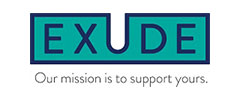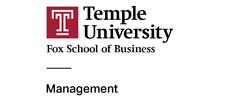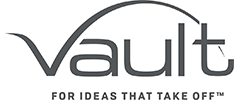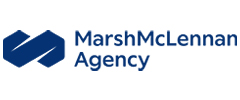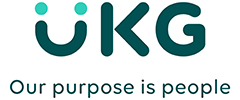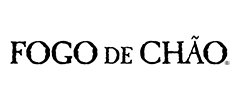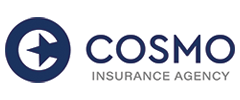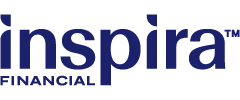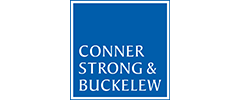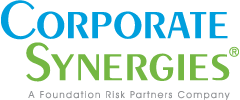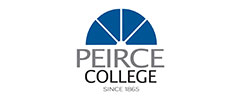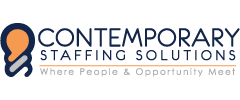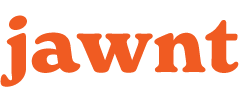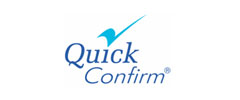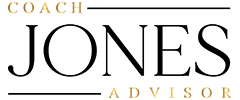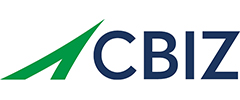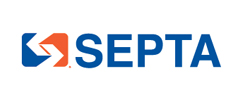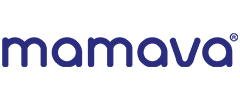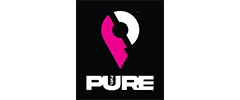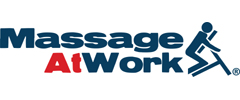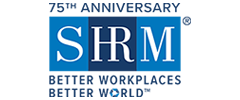The title of a recent article at Forbes.com says it all: “It’s Time To Kill The Fantasy That Is Work-Life Balance.” Why fantasy? Because the word “balance” implies two opposing forces, equal in weight, that offset each other perfectly. As any modern-day worker who’s awoken at 3am to participate in an international conference call knows, this is a fallacy. With companies running lean, customer demands growing more complex, and technology enabling us to stay connected even on vacation, the notion of some kind of Zen-like balance between work and life is rapidly becoming obsolete.
The degradation of work-life balance has serious implications for organizations and employees. A recent study conducted by Indiana University’s Kelley School of Business, for example, found that those who work in high-stress jobs with little control are more likely to die sooner than those who have more control over and balance in their work. What’s more, although “more people are working from home than ever before, 70% of the American workforce still struggles to find a work-life balance, which could have negative health impacts over the long run,” writes Jarod Lindzon at FastCompany.com.
As with many traditional ideas and theories about work, it’s time we looked at work-life balance with fresh eyes. We’ve all heard (and likely tried) the well-meaning yet ultimately impractical exhortations from the so-called experts: get more sleep, eat a healthy diet, refuse to work on the weekend, switch off your laptop at the same time every evening, etc. Is this the best we can do? Or are there more compelling recommendations out there that better align to today’s reality?
Fortunately, there are. In this thoughtful and engaging presentation, you will learn the most current thinking about work-life balance, starting with the mental, emotional and physical perils of overworking as well as a crucial redefinition of the concept from one of “balance” to one of “integration” or “fit.” You will understand how the idea of two puzzle pieces fitting together harmoniously is a more accurate representation of the work-life relationship than a scale balanced ever so delicately. A spirited review of contemporary research will follow, including recent – and often counterintuitive – findings published in Harvard Business Review, Fast Company, Forbes, Nature, and more. For example, recent research by Professors Brianna Caza, Lakshmi Ramarajan, Erin Reid, and Stephanie Creary (published in Harvard Business Review) suggests that the key to work-life balance is learning “how to manage our portfolio of different identities and the expectations that come with them.” A 2017 Deloitte Millennial Survey reported that 82% of participants expressed a positive impact on overall well-being, health and happiness, and an 81% impact on their productivity, when their employer fosters an environment of flexibility. These are just some of the fascinating findings that will be explored, along with their implications for attendees. Attendees will walk away understanding the value of incorporating this data into their talent strategies, and how that can influence strategic actions within the organization that relate to turnover rates, cost per hire, retention, etc.
The session will conclude with the most interesting and unconventional suggestions for achieving work-life balance, from the specific timing of breaks (based on neuroscience) to unusual yet highly successful family-friendly work polices. A discussion of how attendees can begin incorporating them immediately into their own lives will finish out the session in lively fashion.
Speaker:
Michael Brenner Ed.D., President, Right Chord Leadership

